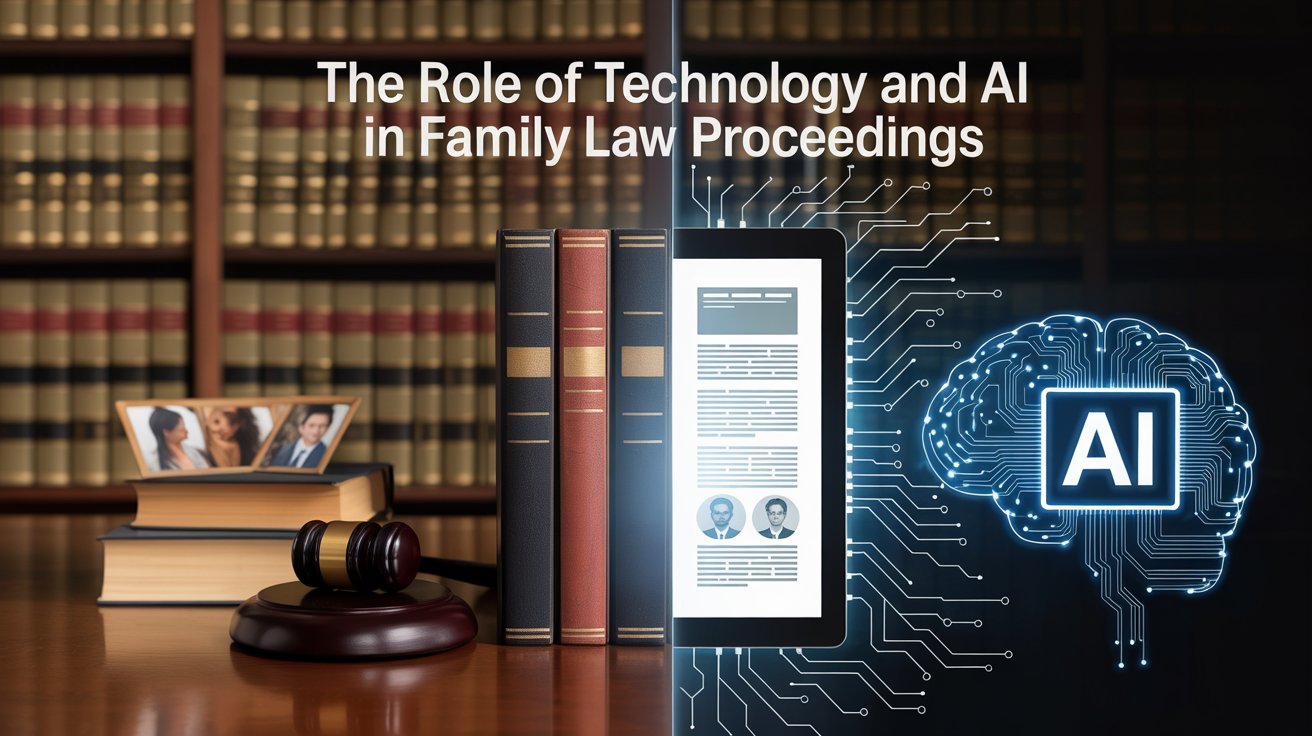Legal Rights of Parents After Divorce
Introduction
Divorce is a major life event that impacts not only the couple but also their children. One of the most important aspects of divorce proceedings is determining parental rights, including custody, visitation, financial support, and decision-making authority. Understanding these rights ensures that both parents can play a meaningful role in their child’s life while prioritizing the child’s well-being.
Custody Rights
Types of Custody
Custody is typically divided into two main types:
- Physical Custody: Determines where the child will live and which parent will provide daily care.
- Legal Custody: Grants a parent the right to make important decisions about the child’s education, healthcare, and general welfare.
Joint vs. Sole Custody
- Joint Custody: Both parents share physical and/or legal custody, allowing them to co-parent effectively.
- Sole Custody: One parent has exclusive custody, while the other may have visitation rights.
Factors That Influence Custody Decisions
Courts evaluate multiple factors before awarding custody, including:
- The child’s best interests and emotional well-being.
- Each parent’s ability to provide a stable, supportive home environment.
- The child’s preference (if they are of a certain age and maturity level).
- Any history of domestic violence, neglect, or substance abuse.
Visitation Rights
Even if one parent is granted sole custody, the non-custodial parent typically retains visitation rights unless there is a serious risk to the child’s safety.
Types of Visitation
- Unsupervised Visitation: The non-custodial parent can spend time with the child freely.
- Supervised Visitation: Required if there are concerns about the child’s safety and well-being.
- Virtual Visitation: Video calls, emails, and online messaging provide a way for parents and children to stay connected, especially in long-distance situations.
Modifying Visitation Orders
Visitation rights can be modified due to changes in circumstances, such as relocation, new financial situations, or concerns about the child’s safety and needs.
Child Support Responsibilities
How Child Support is Determined
Child support ensures both parents contribute financially to their child’s upbringing. The court considers factors like:
- Each parent’s income and financial situation.
- The child’s educational, medical, and daily living expenses.
- The number of children involved and their unique needs.
Consequences of Failing to Pay Child Support
Failure to pay child support can lead to legal consequences, such as wage garnishment, asset seizure, fines, and even imprisonment.
Decision-Making Authority
Even if one parent has sole physical custody, both parents may retain legal custody, allowing them to share in important decisions affecting their child’s future.
Types of Decisions
- Education: Selecting schools, tutoring, and extracurricular activities.
- Healthcare: Choosing medical treatments, insurance coverage, and vaccinations.
- Religion: Determining religious upbringing and associated practices.
Parental Relocation Rights
If a custodial parent wants to move to a different state or country, they may need court approval. The court will consider:
- How the move will impact the child’s relationship with the non-custodial parent.
- The effect on the child’s education, emotional well-being, and social development.
- The reasons behind the move and whether it benefits the child.
Grandparents’ Rights
In certain cases, grandparents may be granted legal visitation rights if maintaining their relationship with the child serves the child’s best interests.
Legal Help & Mediation
Many divorced parents seek legal guidance or mediation to resolve disputes in a peaceful, cost-effective manner. Mediation allows parents to reach fair agreements outside of court, reducing emotional stress and legal expenses.
Conclusion
Understanding the legal rights of parents after divorce is essential for ensuring stability and fairness. By following legal guidelines, seeking mediation when necessary, and prioritizing the child’s well-being, divorced parents can create a more balanced and supportive post-divorce parenting arrangement. For more legal insights and expert guidance, visit ApnaQanoon.com.









